

A History of Indian Philosophy [5 Volumes in Set]
Publisher:
| Author:
| Language:
| Format:
Publisher:
Author:
Language:
Format:
₹3,045 Original price was: ₹3,045.₹2,740Current price is: ₹2,740.
In stock
Ships within:
In stock
ISBN:
Page Extent:
The work appears in five volumes. Each volume is devoted to the study of the particular school of thought of Indian Philosophy.
Vol. I comprise Buddhist and Jaina Philosophy and the six systems of Hindu thought, viz., Samkhya, Yoga, Nyaya, Vaisesika, Mimamsa, and Vedanta.
Vol. II completes studies at the Sankara school of Vedanta. It also contains the philosophy of the Yogavasistha, the Bhagavadgita, and speculations in the medical schools.
Vol. III contains an elaborate account of the principal dualistic and pluralistic systems such as the philosophy of the Pancaratra. Bhaskara, Yamuna, Ramanuja, Nimbarka, Vijnanabhiksu, and philosophical speculations of some of the selected Puranas.
Vol. IV deals with the Bhagavata Purana, Madhva, and his school, Vallabha, Caitanya, Jiva Gosvami, and Baladeva Vidyabhusana.
Vol. V treats of the southern schools of Saivism, viz., Saiva Siddhanta, Vira Saivism, philosophy of Srikantha, Saiva philosophy in the Puranas and in some important texts.
In the words of the Oxford Journal ‘the collection of data, editing and the interpretation of every school of thought is a feat unparalleled in the field of history of philosophy.
The work appears in five volumes. Each volume is devoted to the study of the particular school of thought of Indian Philosophy.
Vol. I comprise Buddhist and Jaina Philosophy and the six systems of Hindu thought, viz., Samkhya, Yoga, Nyaya, Vaisesika, Mimamsa, and Vedanta.
Vol. II completes studies at the Sankara school of Vedanta. It also contains the philosophy of the Yogavasistha, the Bhagavadgita, and speculations in the medical schools.
Vol. III contains an elaborate account of the principal dualistic and pluralistic systems such as the philosophy of the Pancaratra. Bhaskara, Yamuna, Ramanuja, Nimbarka, Vijnanabhiksu, and philosophical speculations of some of the selected Puranas.
Vol. IV deals with the Bhagavata Purana, Madhva, and his school, Vallabha, Caitanya, Jiva Gosvami, and Baladeva Vidyabhusana.
Vol. V treats of the southern schools of Saivism, viz., Saiva Siddhanta, Vira Saivism, philosophy of Srikantha, Saiva philosophy in the Puranas and in some important texts.
In the words of the Oxford Journal ‘the collection of data, editing and the interpretation of every school of thought is a feat unparalleled in the field of history of philosophy.
About Author
Reviews
There are no reviews yet.

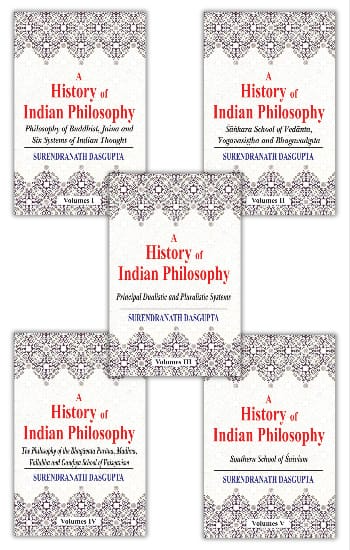
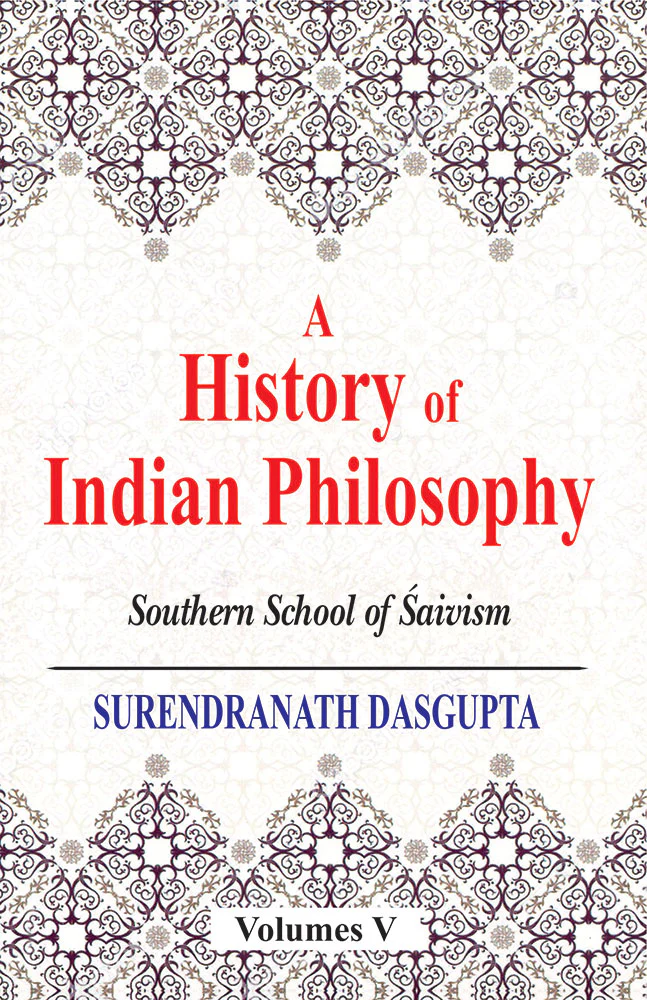
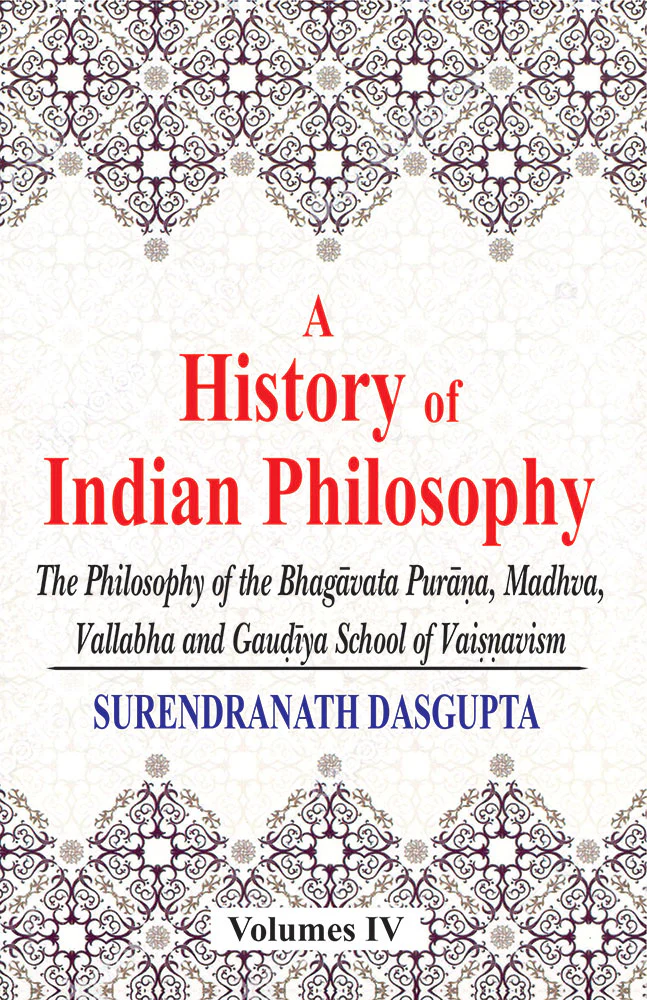
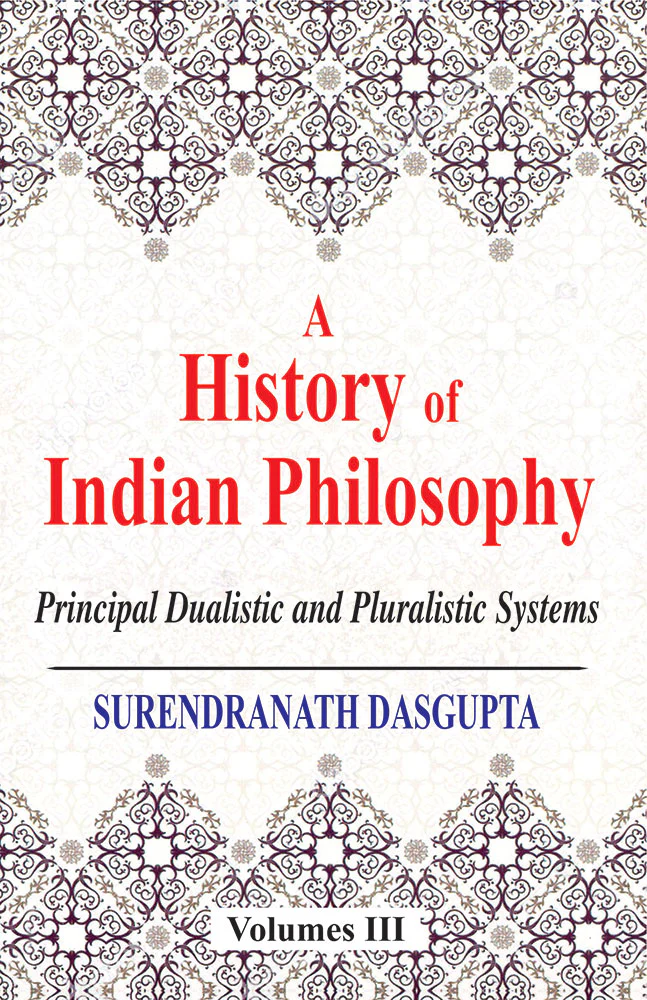
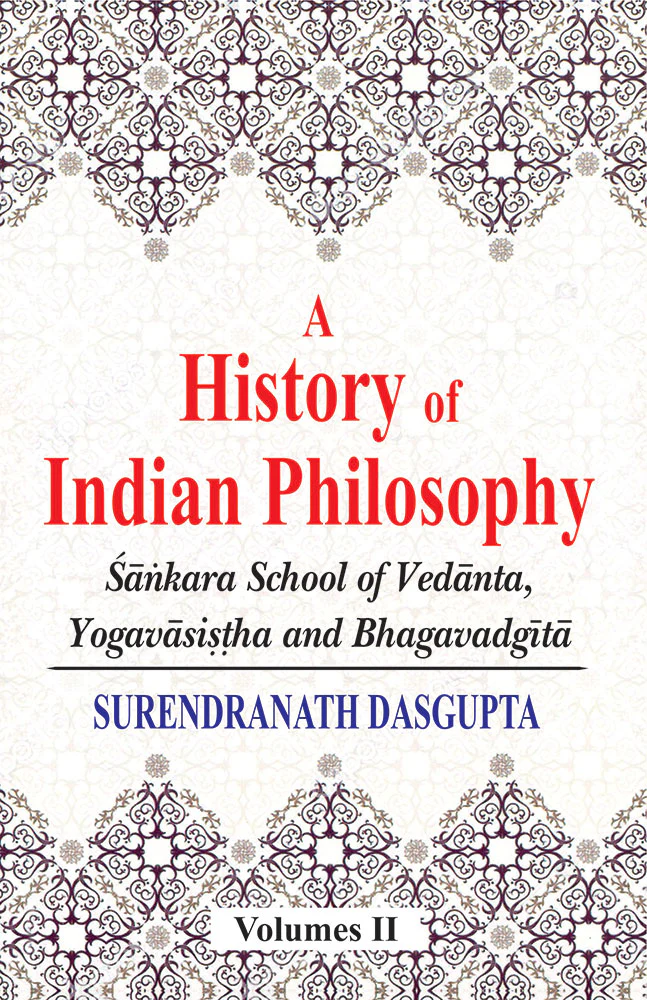
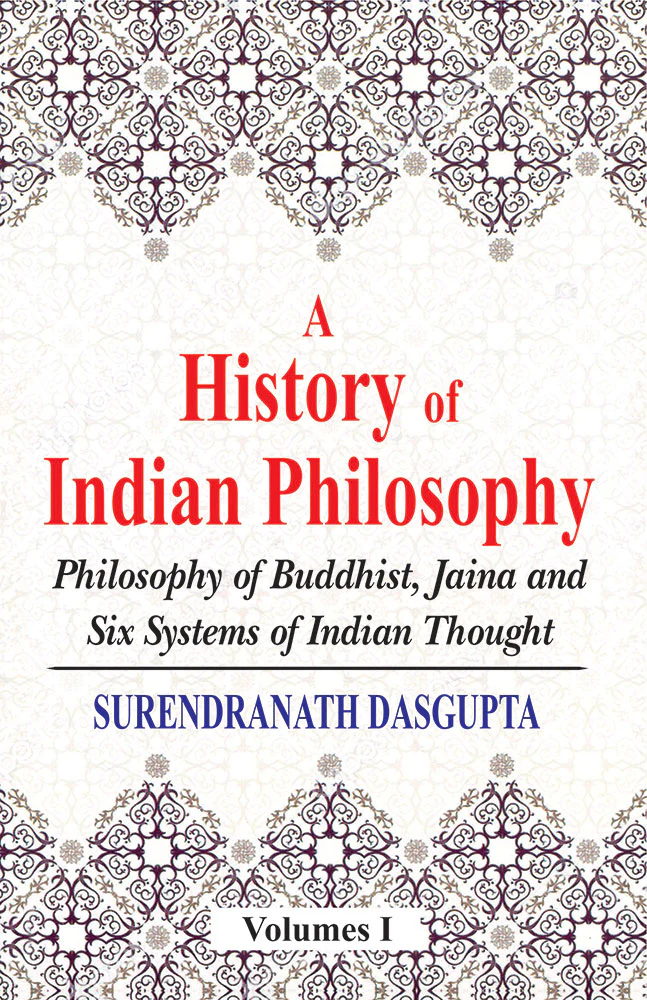
Reviews
There are no reviews yet.